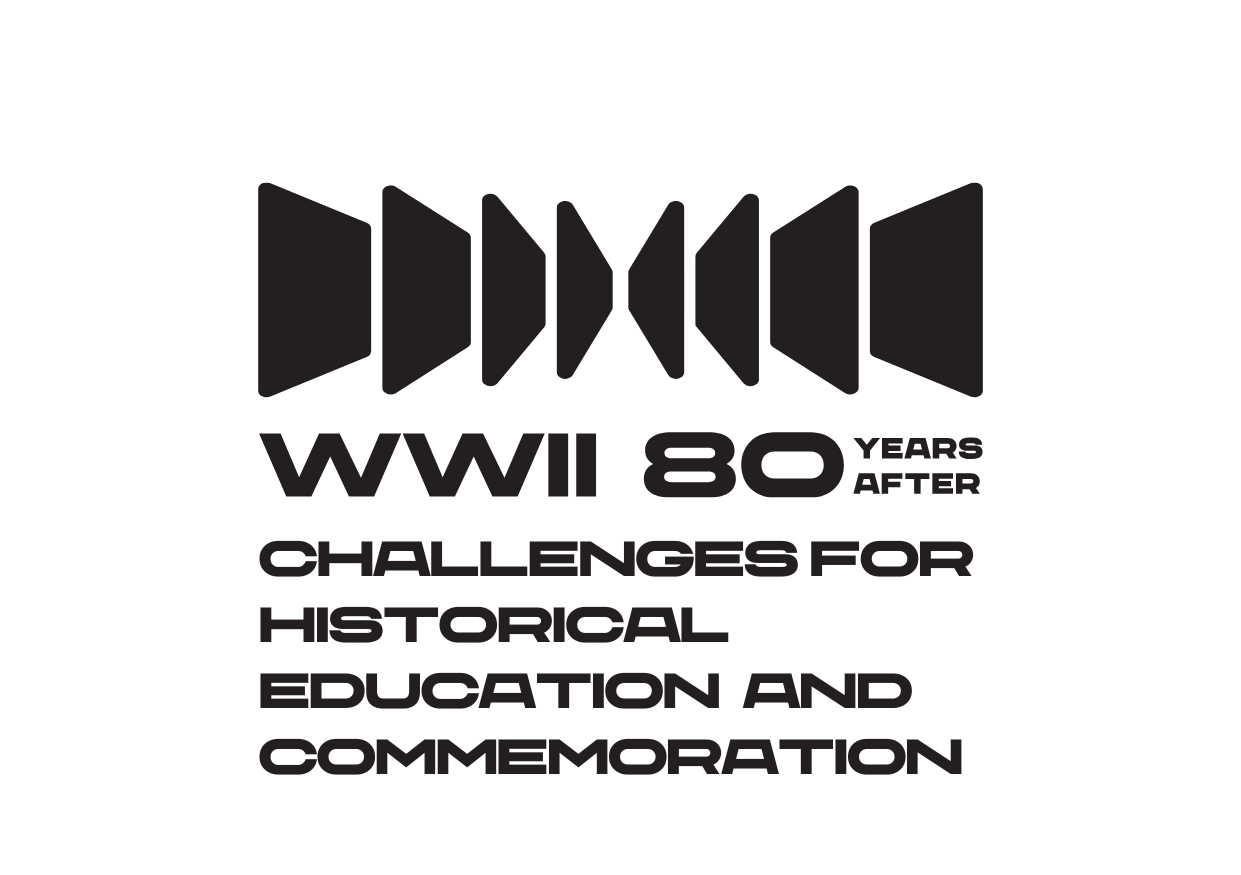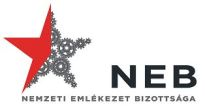PRELIMINARY PROGRAMME
Day 1 – 2 June 2025 (Monday)
08:00-09:00 – Registration, Networking
09:00–09:30 – Opening Session
Welcome speeches
9:30–11:00 – Debate: World War Two Memory between East and West European Experience
The panel will discuss the differing memories of World War II in Eastern and Western Europe, including the Holocaust and the Gulag as central, and at times competing traumas, and exploring how, for Eastern Europe, 1945 marked both the end of war and the beginning of Soviet domination, thus complicating the European narrative of liberation.
11:00–11:30 – Coffee break
11:45–13:45 –Theatre Play: Placid or a game with the Death
Placid Oloffson (23 December 1916 – 15 January 2017) was a Hungarian Benedictine monk, priest, teacher and Gulag victim. He became a symbol and a true role model. During his long life, he experienced the hell of the Gulag, where also experienced the grace of God. He truly believed that he had been given the mission in life to keep the spirit alive in his fellow prisoners in inhuman conditions, and so he said that despite all the horrors of camp life he was "the happiest man in the whole Soviet Union."
Actors: Zoltán Bezerédi (Death) and Máté Martinkovics (Placid Olofsson)
Written by: Borbála Szabó and Pörzse Fehér
Directed by: Bendegúz Bezezédi
Producer: Krisztina Serfőző
12:30–14:00 – Lunch
14:00–15:30 – Lecture (an introductory lecture providing context for the workshop): From the personal story to the great European narratives
In this lecture, we will explore the profound impact of personal stories in shaping our understanding of history. By connecting individual experiences to broader European narratives, we’ll discuss how personal accounts bring historical events to life, making them more relatable and emotionally resonant. Through real-life examples, we’ll examine the role of memory and testimony in history teaching, highlighting how these stories foster empathy, critical thinking, and a deeper connection to the past. This lecture will inspire educators to integrate personal narratives into their teaching to engage students and create meaningful learning experiences.
15:30–15:45 – Short break
14:00–15:30 – Workshop for teachers and educators: The power of individual stories in history teaching
The workshop "The Power of Individual Stories in History Teaching," emphasizes the significance of personal narratives in history education. This workshop aims to equip educators with practical tools and methodologies to integrate individual stories into their teaching practices. By focusing on personal experiences, the workshop seeks to foster a deeper understanding of historical events and promote critical thinking among students.
Day 2 – 3 June 2025 (Tuesday)
8:30–9:30 – Registration, Networking
9:30–11:30 – Film Screening and the Debate afterwords
9:30–10:00 – Film Screening
Sound in the Silence
"Sound in the Silence. History through art" is an intercultural and international remembrance project designed for youth. At historically significant locations, high school students collaborate with artists from various disciplines to explore how the past connects to their present-day questions and experiences. Thanks to the methodology and artistic workshops, this approach provides young people with new perspectives on European history, encouraging them to develop their own understanding and means of expression. Between 2011 and 2024 project was organized in following locations: Neuengamme, Borne Sulinowo, Gdańsk, Auschwitz-Birkenau and Zilina, Ravensbrück, Warsaw, Bremen and Pitesti.
A documentary film presenting the project, learning process and working methods. This video footage summarize the four editions of the Sound in the Silence project, which took place between 2022 and 2023 at the memorial sites of Kaunas, Mauthausen and Gusen, Wannsee, Jasenovac.
10:00–11:30 – Debate
Think Outside the Classroom: Exploring New Ways to Teach WWII History
How should the memory of WWII be preserved and taught in the 21st-century? This debate brings together experts from memorial sites and representatives from educational institutions to discuss the challenges, methods, and best practices in historical education for younger generations. Inspired by the film about the ‘Sound in the Silence’ project, the discussion will explore innovative approaches to engaging students beyond traditional classroom settings.
The audience will gain valuable insights into impactful teaching strategies, exploring how the authentic history of memorial sites can deepen understanding of 20th-century European history and foster emotional engagement for today’s youth.
11:30–12:00 – Coffee Break
11:45–13:45 –Talk for teachers and educators: How to prepare students for a visit to a memorial site?
The conversation between the memory site representative and the co-creator of educational projects at the ENRS, aims to shed new light on the importance of preparing young people for visits to places of remembrance. Such experiences often leave a lasting impact on the psyche of young visitors. How can we prepare them and their parents for this experience? How can we address and process the emotions students carry with them after such visits? These questions, among many others, will be addressed by the host of the discussion to the memory site representative.
In addition, the floor will be given to the audience, who, although not present on stage, will have an active part in the discussion. Together, we will develop a list of best practices, ensuring that each teacher participating in the event is equipped with tools to help young people navigate the profound experience of visiting a place of remembrance.
13:30–13:45 – Closing remarks
13:45–15:15 – Lunch Break









